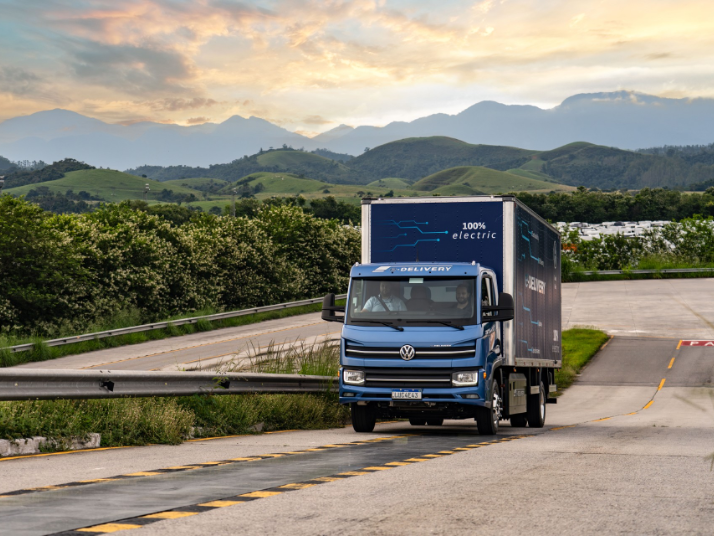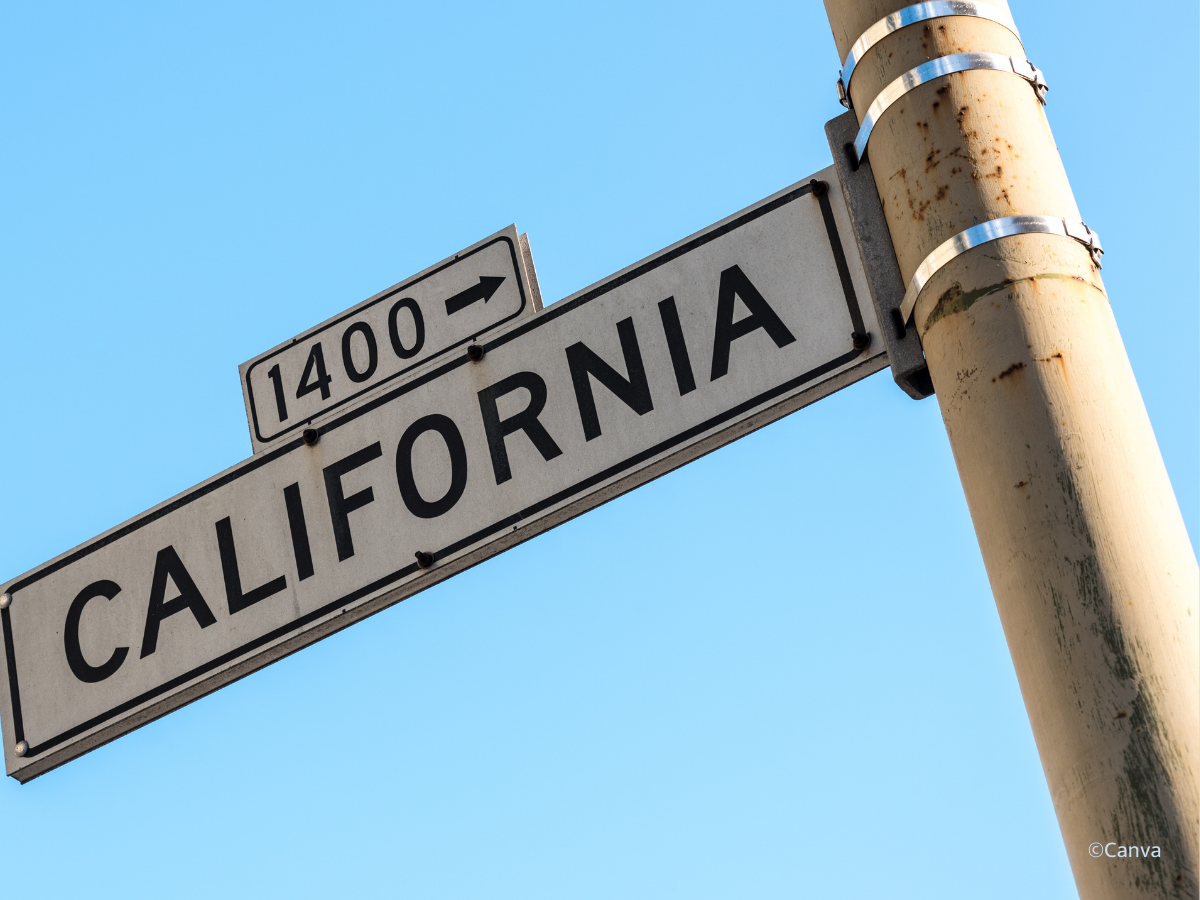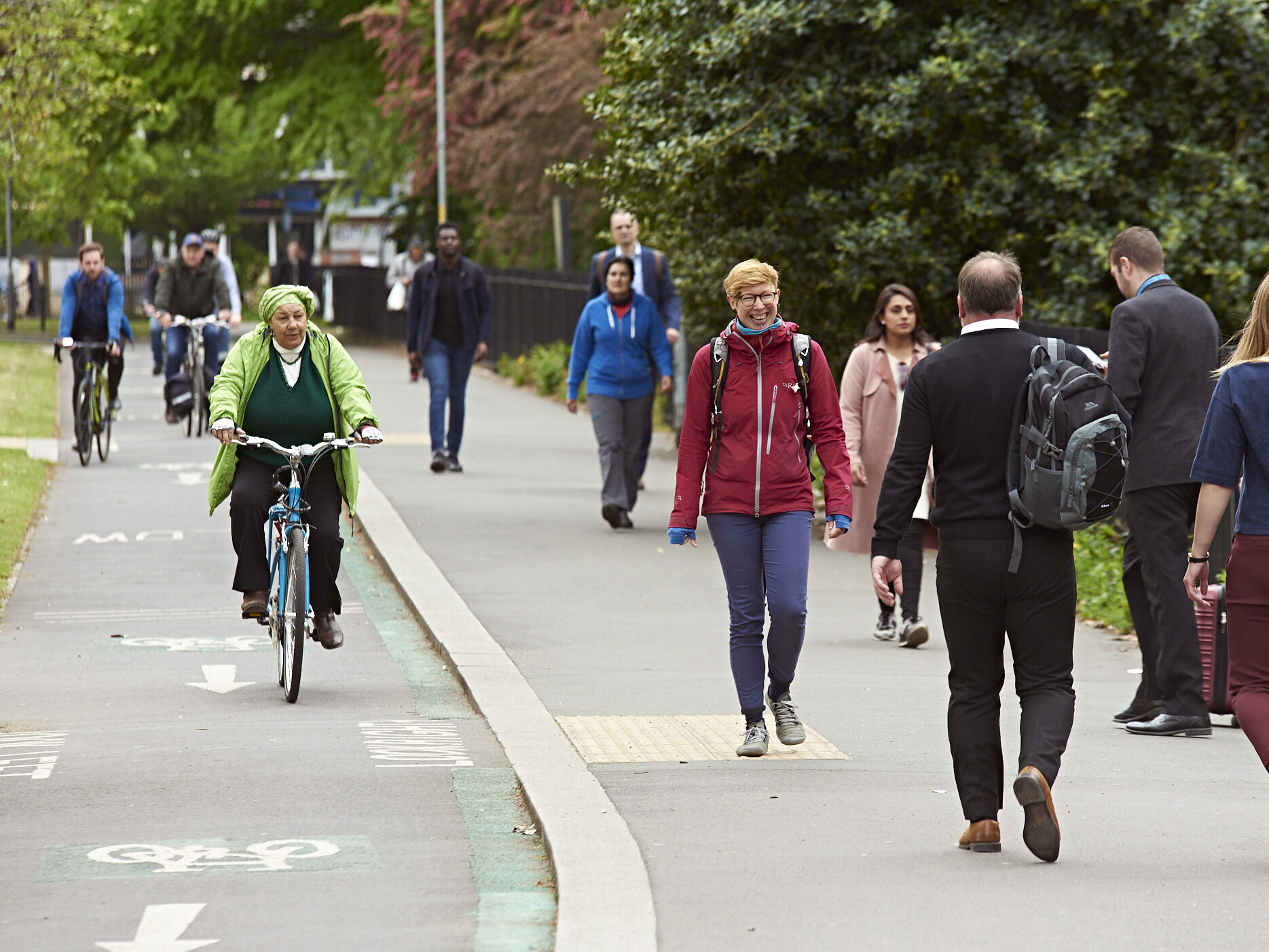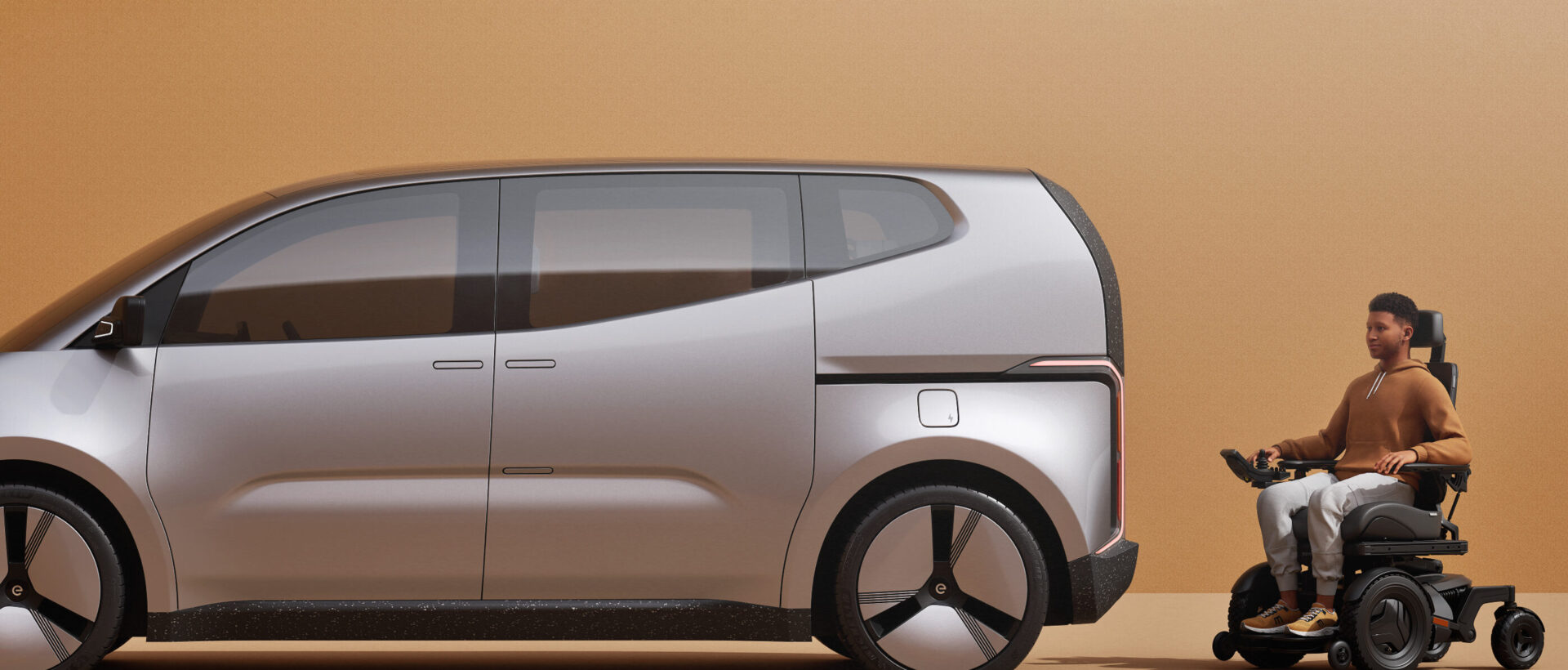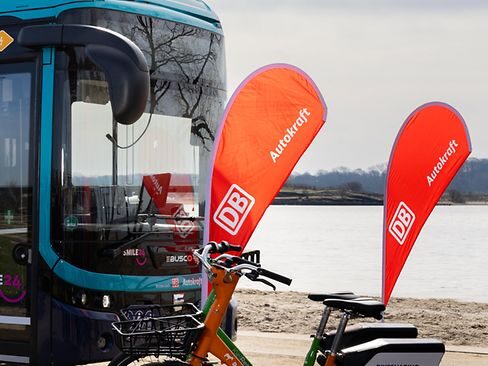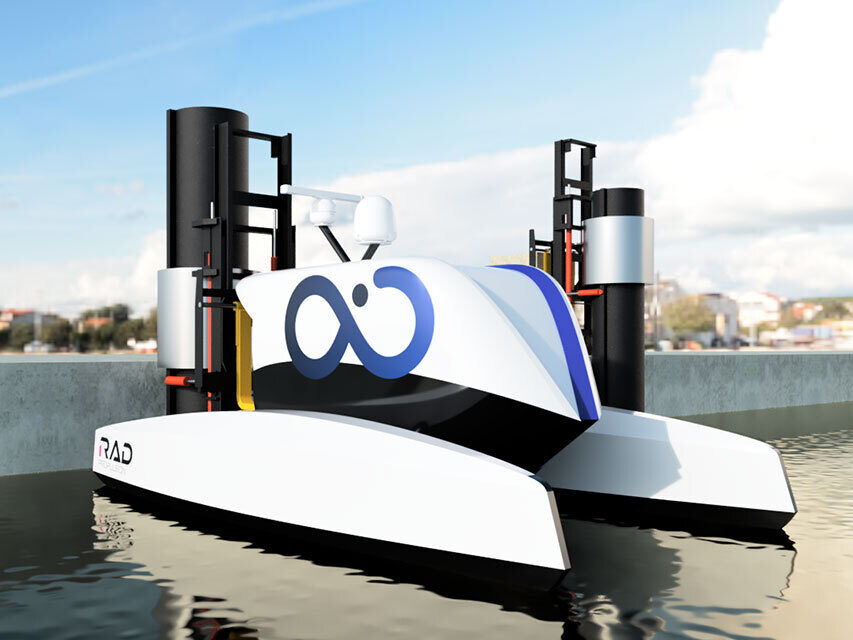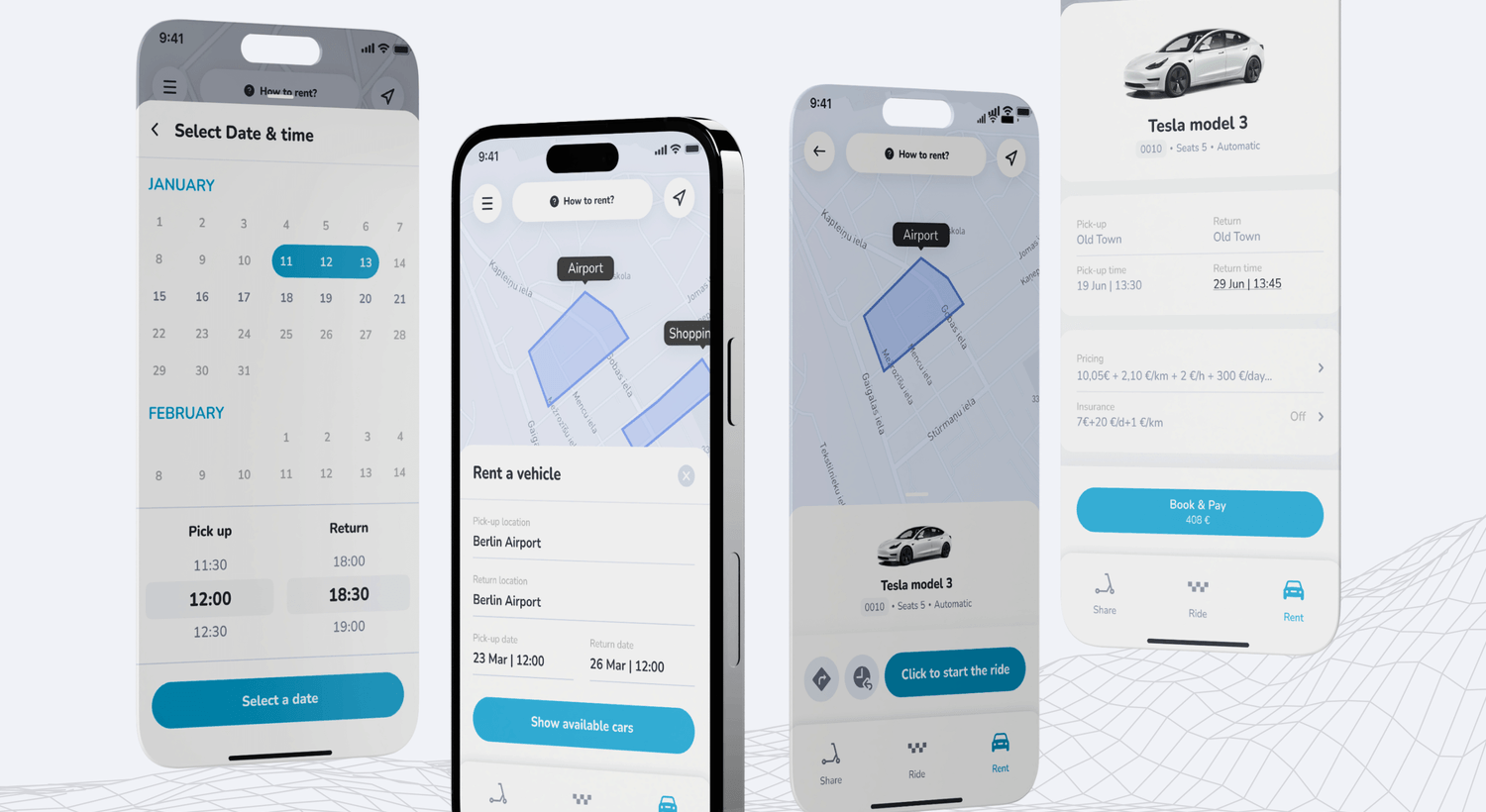The UK’s Institute for Public Policy Research (IPPR) has published the results of a recent survey, demonstrating that many people view public transport as more important than having a car, a phone or access to the internet.
Indeed, results suggest that four in ten (40 percent) of those who drive regularly want to use public transport more.
What’s more, seven in 10 people (71 percent) have changed how they travel to reduce transport costs in the last two years
Consequently, IPPR argues that transport could be a vote winner, and parties should commit to delivering a fairer, greener and healthier transport system ahead of the upcoming general election in the UK.

Specifically, IPPR’s recently commissioned study found that those in rural areas or on low income are seen as getting the worst deal from transport, each presenting with a net score of -28.
However, over half of the British public (53 percent) think that having access to public transport to and from work is a necessity, while more than a third (35 percent) say the same about public transport to see family and friends. Meanwhile, just one in five see a car as essential (20 percent).
Public transport to work is also rated as more crucial than having a phone (46 percent) and access to the internet (43 percent).
These results thus contradict the recent politicisation of transport issues, including the prime minister’s rhetoric around a ‘war on motorists’ and low-traffic neighbourhoods (LTNs).
In contrast to this supposed culture war, IPPR’s survey revealed that 40 percent of those who drive regularly (three to four times a week) would like to use public transport more than they currently do. Four in ten (38 percent) also want the opportunity to walk, wheel or cycle more.
Results also revealed that currently, the public does not trust the Conservative of Labour government on transport issues. Indeed, only 33 percent trust the Labour government, while 13 percent trust the Conservative government. 55 percent trust neither or don’t know.
While only 13 percent of the public trust the national government to make decisions about transport in their local area, 37 percent trust their local council.
In addition, the polling revealed the impact of the cost-of-living crisis on people’s transport habits:
- Seven in 10 people (71 percent) have changed how they travel to reduce transport costs in the last two years
- Four in 10 people (42 percent) are worried about being able to afford the transport they need to get around
Considering the crucial role public transport plays in people’s lives, IPPR is now calling on all political parties to make ambitious commitments in their election campaigns.
It recommends that parties outline their proposed transport strategies for the UK and focus on delivering a fairer, greener and healthier transport system. This should include devolution of powers and funds to local authorities.
Stephen Frost, principal research fellow at IPPR, said:Rhetoric from the prime minister fabricating a ‘war on motorists’ over the last few months has been incredibly unhelpful. In reality, we know that even the most regular drivers also get on buses and trains and benefit from safer streets to walk, wheel and cycle. You’re not either a driver or a non-driver, in fact, most of us drive and use public transport as well as our legs.
So it is crucial those in Westminster stop treating transport as a culture war issue and start delivering on the people’s priorities. This polling reveals those priorities as clear and simple, they want public transport that works for more people, and they want to make decisions on transport locally. The party that makes that offer the clearest will benefit at the ballot box.



